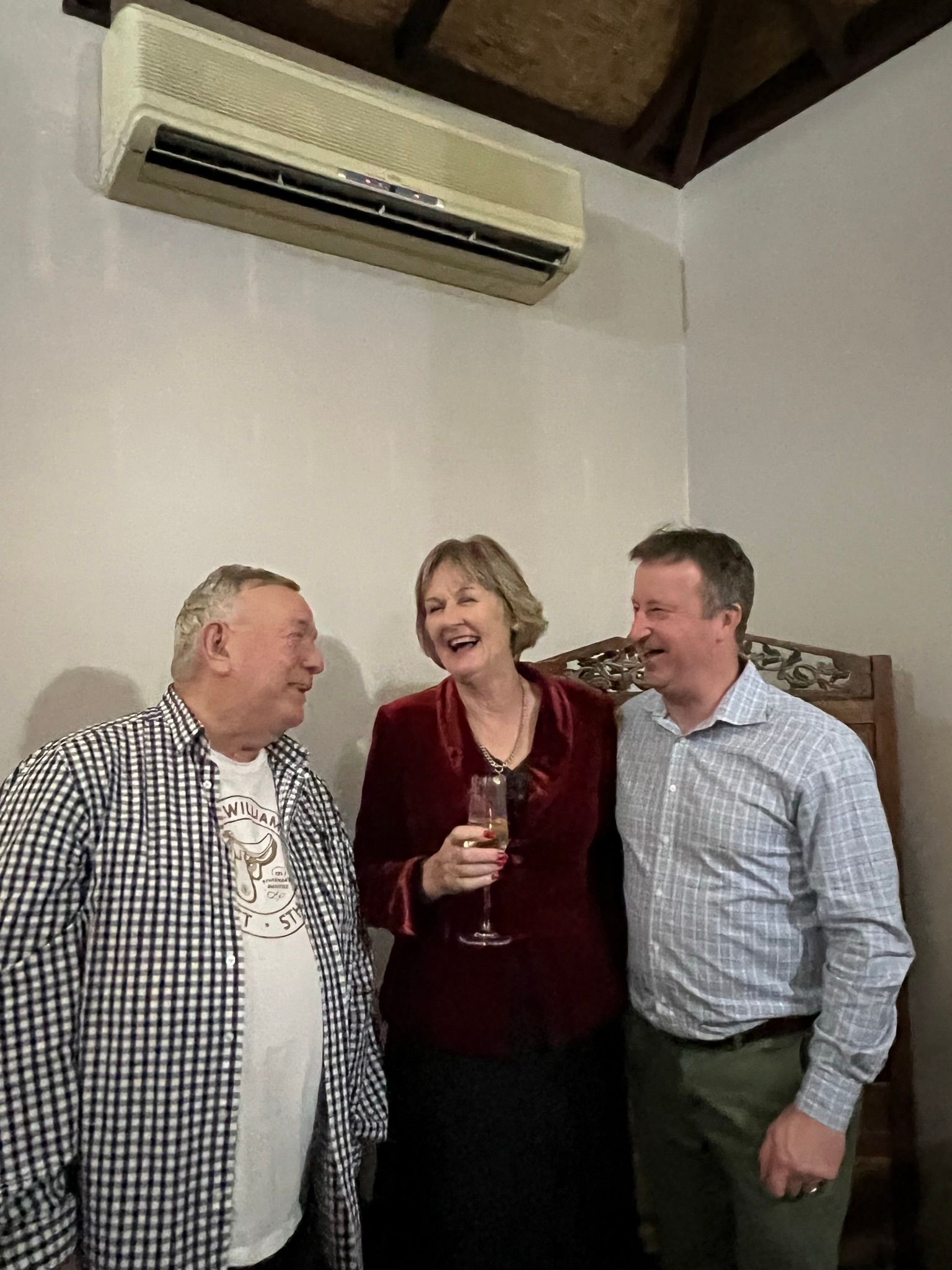Why do I have to fill out a Tax Return for my Deceased loved one?
At the worst time of your life, the last thing you want to think about is tax.
When a loved one dies, however, their affairs must be dealt with at some stage. This includes their tax obligations.
To deal with a deceased loved one’s affairs, the help of a solicitor is highly recommended. Someone will be granted the role of executor or administrator of the estate of the deceased person (this is usually stipulated in a will).
From a tax perspective, there are a few things that the executor or administrator has to do.
The Australian Taxation Office (ATO) must be contacted and informed that your loved one has passed away. When you notify them of the death, they can tell you if the person had any outstanding tax returns for prior income years.
All their financial documents must be compiled, and you must lodge a date of death (or final) tax return. This will only need to be lodged if your loved one had tax withheld from their income or had earned more than the tax-free threshold.
This final tax return differs from a normal tax return as it doesn’t cover the full financial year - it only covers up to the day that the person died. All income and tax deductions until that day are inputted into the final tax return.
There are still tax obligations that can occur after that day, such as income earned from investments or the sale of assets that may or may not be subject to capital gains tax.
In these circumstances, the executor or administrator of the estate will need to apply for a separate and new tax file number for the estate. The estate is treated as a separate taxpayer and will pay tax as if it was an adult individual resident taxpayer.
This special treatment of the estate is received for up to three tax returns after the date of death (in fact, it is for two years from the date of death).
We know that this time is very stressful, even without these additional obligations. The support of a tax professional during this process can ease the burden, as this is a role we are accustomed to taking.
Contact us to find out how we can aid you, even if we weren’t the accountant for your loved one. We’re here to help.

 QuickBooks
QuickBooks
 Reckon
Reckon
 Xero
Xero
 CPA
CPA
 MYOB
MYOB
Liability limited by a scheme approved under Professional Standards Legislation


